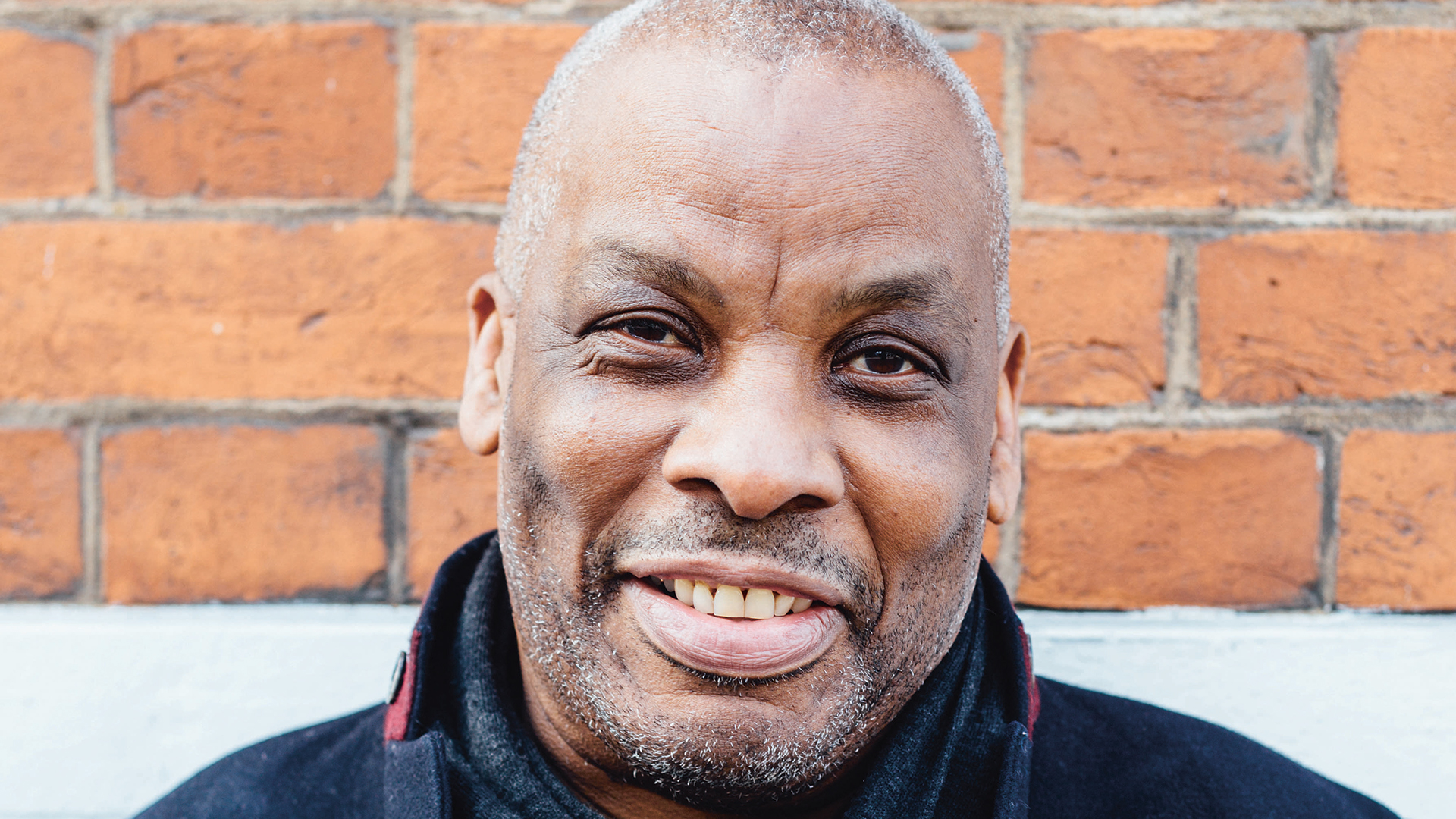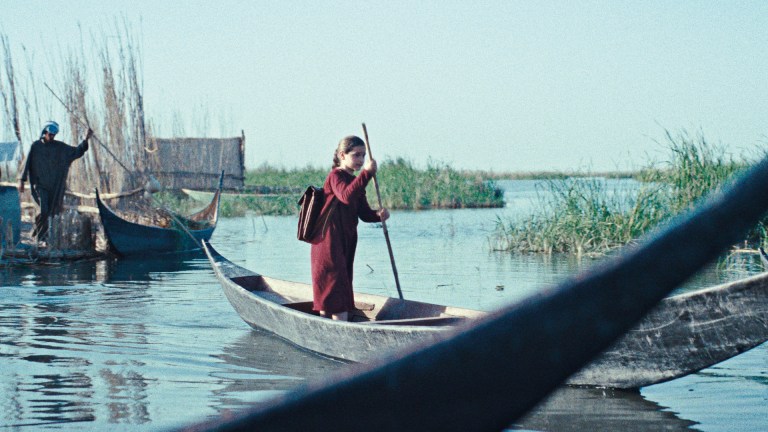That was an area you wanted to explore. Do I have any romantic advice for my younger self? I would say you don’t need to be as greedy as you are being. You have more time than you think. At that age you are not in control. Desire is the beast you are trying to handle. My kids seem to make relationships work better – and I think that is because men and women are much closer now. My children had girls who were friends. When I was 16, girls weren’t your friends, they were something one wanted to conquer.
I didn’t go back to Trinidad for a long while because I felt one has to go forward. So there were bits one left unattended. But eventually I did go back and I felt the release, the sense of really being able to breathe in and out properly. Until you experience it, you don’t realise the tension that one lives with. It is so nice to experience something that is in your bones. The physicality of being there, the recognition one sees in the people – they do things you do instinctively – that gives you a feeling of ease.
The recent treatment of Windrush-era immigrants doesn’t surprise me. People are very careless about that kind of thing. People don’t realise the history. They are not taught about the contribution these people made or the enthusiasm with which they came. Those people to my mind are heroic. They put up with so much but maintained an affection for this country – and to this day you can still see that in them. And you have a government that is so interested in plugging into what appears to be the popular appeal.
The fact is that those people were never considered – they became invisible because their contribution was never acknowledged in the first place. The Windrush generation came, in the main, as adults who had grown up in the Caribbean. There is a difference between that and children who were brought here by their parents. I was one of them. One of the things that is frightening as a child is you see that the people you took to be confident and understand the world actually don’t – because they have come to somewhere strange too. That is scary for a child because the adults become children within the new environment.
My career would blow my younger self’s mind because at that age, it was all just a vast dream. All I knew was that I needed to go to drama school and that would be my pathway. So my life is a series of shocks. Coming to drama school in London was another shock. There were people who had access to the theatre and they appeared to be so knowledgeable and move with such ease in that world. I was like a rabbit in the headlights.
Rising Damp was never something I thought I would do because when I was at drama school, we were very, very serious. Then along came this amazing comedy. I didn’t think I was funny, so it was surprising to find I could make people laugh. I look back with fondness, but one forgets those moments of terror and fear. Rising Damp was a huge learning curve. I was flying blind, which is basically how I live my life. One lives with this fear of being found out. But that is why my advice to my younger self would be to be brave.
I thought it was a joke when I was asked to do King Lear. Even after all these years I never thought it was possible. There is a trajectory to these things if you grow up in classical theatre. You play all these Shakespeare roles then maybe the pinnacle is Lear. But my career has been more, “Whoops, there we go, here is another surprise!” I stumble upon things really. So I have just done Death of a Salesman in Manchester, which was never something I thought I would get a chance to do.
1967 – The year Don turns 16
- Milton Keynes is founded as a new town
- Elvis Presley marries Priscilla Beaulieu
- Celtic become the first British team to win the European Cup
I don’t know why Death in Paradise works but it is a phenomenon. People seem to love it. What keeps me going back is trying to find new facets to make the character [Selwyn Patterson] interesting over many years. And also, Guadeloupe is very beautiful! It is a very nice place to spend the summer. It is in the Caribbean, so in a way I am going home.
As long as we are asking questions about diversity, it is a sign of the problem. When we take it as read that you turn on your television and see someone whose skin is black and are not puzzled, you just think it is a reflection of the way we live, then we will be there. But that is not where we are. There is always still comment – and as long as that goes on, it shows the journey we have to yet make.
Like a lot of my generation, I thought we could change the world. It seemed very conventional and stifling and I wanted to break out and live with freedom. There was a great drive to change the world so people could be free to express themselves. Think how that would affect the way we treat other people – they would stop being ‘other’, people would stop being ‘dangerous’, all that sense of wanting to close down and retreat would not be happening if people had a positive view of otherness.
And I still think fundamentally that love is all you need.









